
Major General Jing Haipeng, commander of the Shenzhou XVI manned space mission, waves on Tuesday after disembarking from the re-entry capsule at the Dongfeng Landing Site in the Inner Mongolia autonomous region. Jing and his team members, Colonel Zhu Yangzhu and Professor Gui Haichao, completed their five-month mission at the Tiangong space station.(Photo by Zhu Xingxin /China Daily)
The Shenzhou XVI crew returned to Earth on Tuesday morning, concluding a historic, five-month mission that also involved China's first civilian astronaut.
The spaceship's reentry capsule, carrying mission commander Major General Jing Haipeng, Colonel Zhu Yangzhu and Professor Gui Haichao, touched down at 8:11 am at the Dongfeng Landing Site in the Gobi Desert in the Inner Mongolia autonomous region after flying nearly 12 hours on its return journey.
Following safety checks outside, the ground recovery team opened the hatch of the bell-shaped capsule and conducted a preliminary examination of the astronauts' health. Sitting inside the capsule, Jing told ground controllers in Beijing via radio that his team had landed safely and was "feeling pretty good".
The astronauts were then carried out and placed on chairs in front of the capsule, and they shared their experiences with a reporter in a live program.
Jing said they were excited to "return to our motherland" and that the orbital stay inside the Tiangong space station was a "very cool journey". He said his teammates performed excellently during the mission, they got along very well with one another and together managed to honor their commitment to the motherland and the people.
Zhu, who is China's first spaceflight engineer in space, said they coordinated well in successfully completing various tasks. "China's space station is always worth looking forward to," he said.
Gui, the country's first civilian astronaut and first payload expert in space, said that each day of the mission was busy and memorable. He added that he looks forward to returning to the space station in the future to continue his scientific explorations.
After the interview, the astronauts were transferred into special vehicles for detailed assessment of their health. They were flown back to Beijing on Tuesday afternoon, and then taken to the Astronaut Center of China in the northwestern part of the city to start their medical quarantine, health observation and recuperation, which will last for several months.
The Shenzhou XVI crew members had arrived at Tiangong on May 30. Their journey was China's 11th manned spaceflight and the fifth crewed mission to the space station.
The mission was Jing's fourth spaceflight, making him China's most experienced astronaut. It was also the debut spaceflight of the country's third generation of astronauts, represented by Zhu.
Jing and Zhu are members of the People's Liberation Army Astronaut Division, while Gui is a doctoral supervisor at the Department of Spacecraft and Launch Vehicle Technology at Beihang University's School of Astronautics in Beijing.
Before embarking on their journey home, Jing's team handed over the space station to the Shenzhou XVII crew comprising mission commander Senior Colonel Tang Hongbo, Lieutenant Colonel Tang Shengjie and Lieutenant Colonel Jiang Xinlin.
The Shenzhou XVI crew sorted and transferred materials between Tiangong and their spaceship before leaving the space station at 8:37 pm on Monday.
After their departure, they took pictures of the space station with Earth visible in the backdrop. Following some orbital maneuvers, the spaceship reentered Earth's atmosphere on Tuesday morning.
For the next six months, Tiangong will be manned by the Shenzhou XVII crew, who arrived at the space station on Thursday evening.








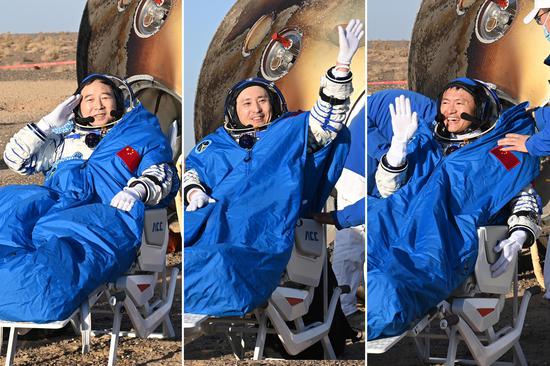
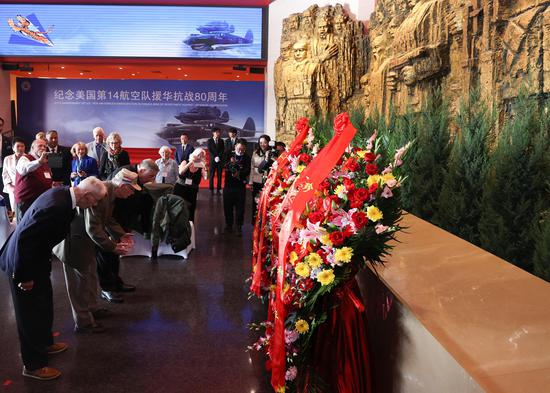
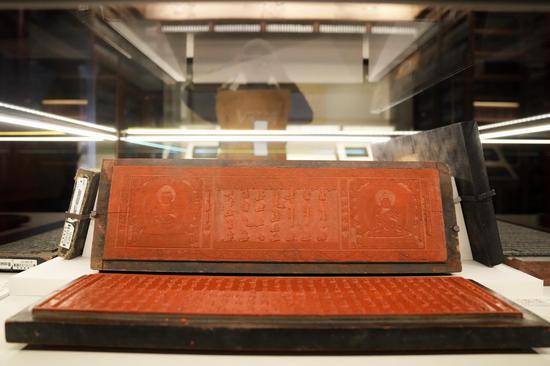

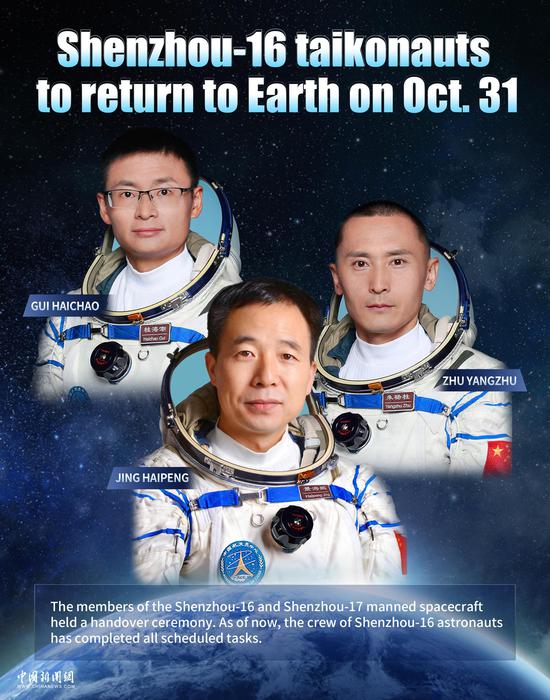
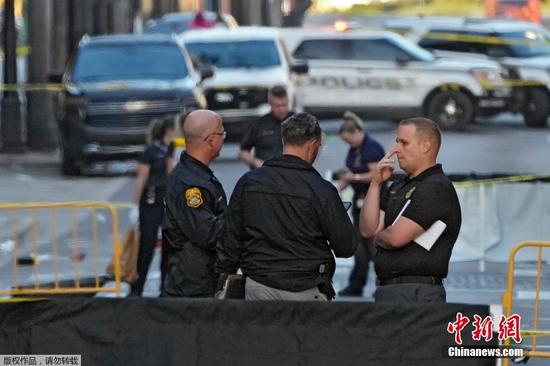
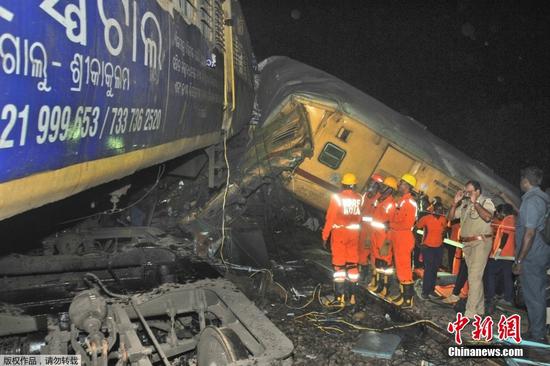
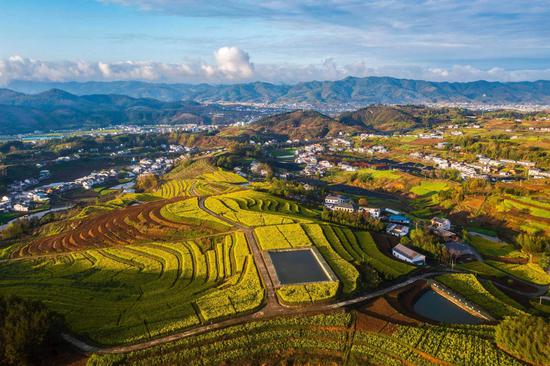
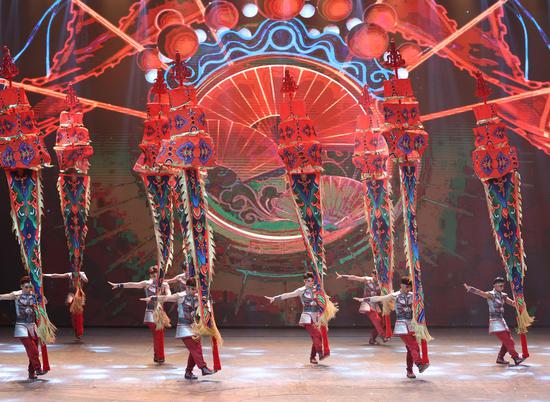
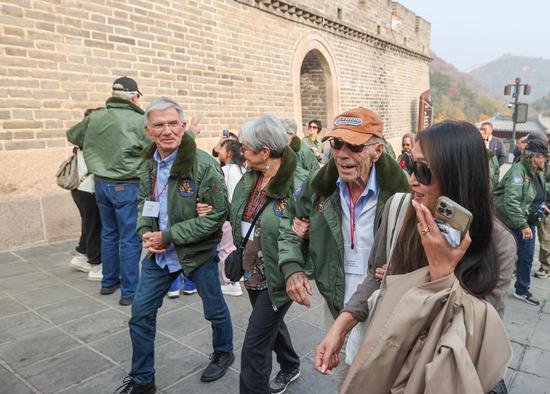
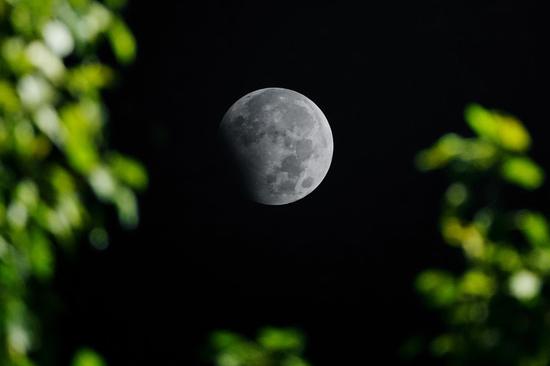
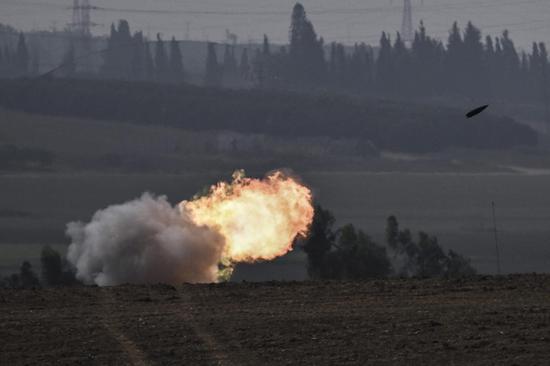

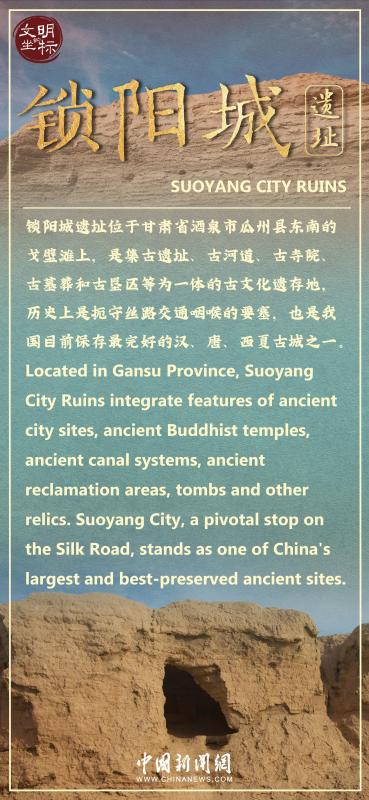
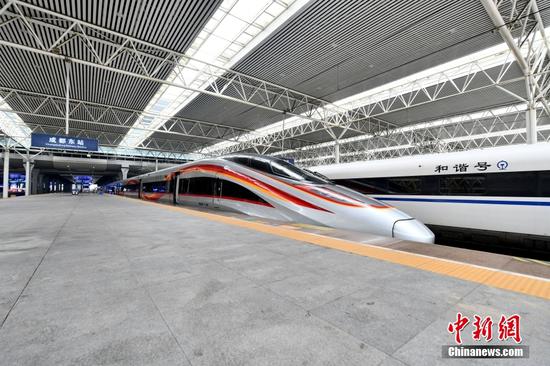
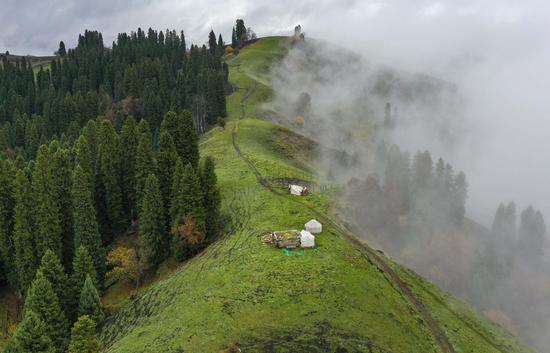
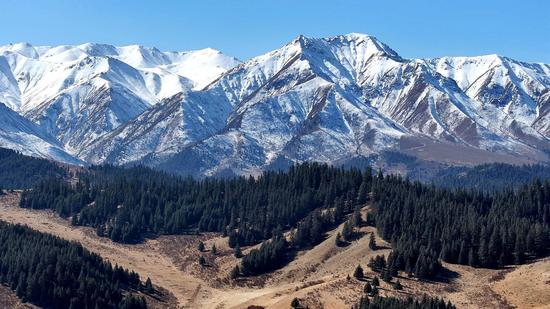
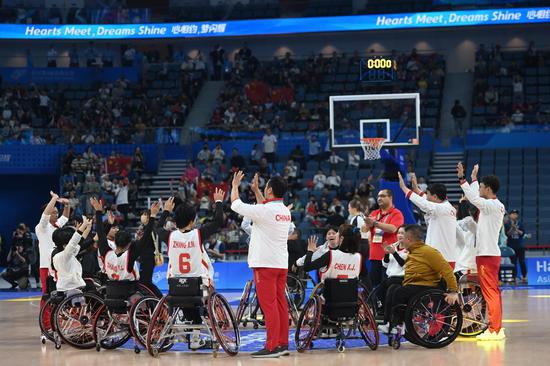

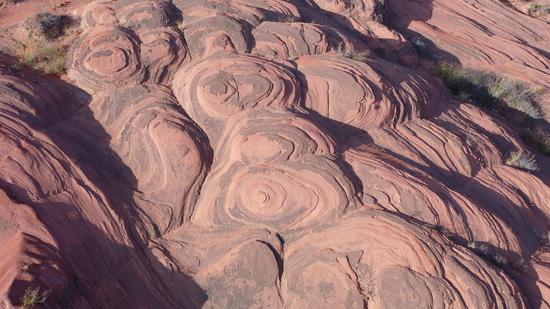
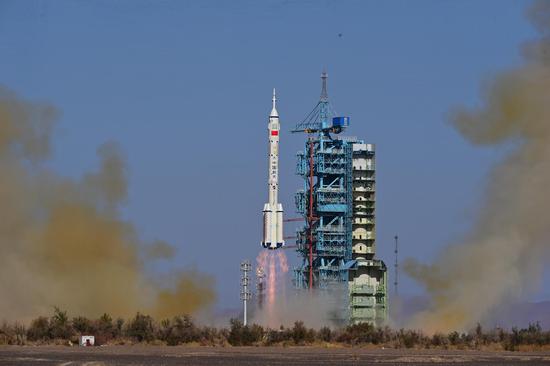
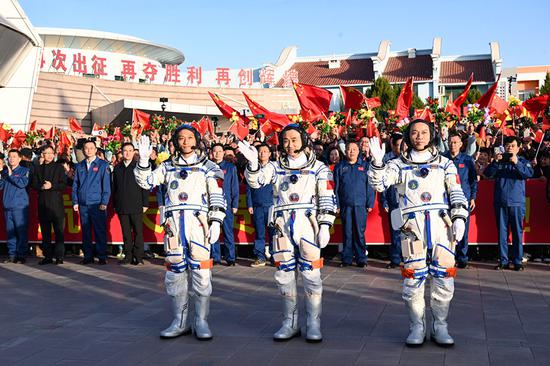
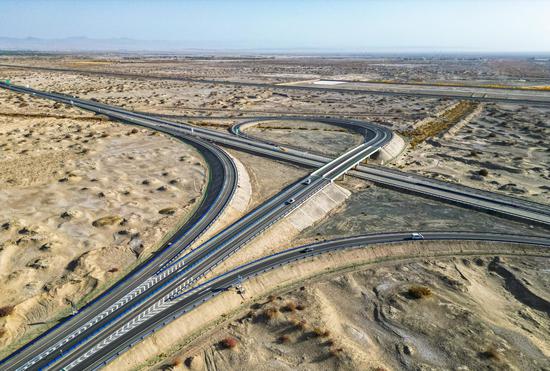
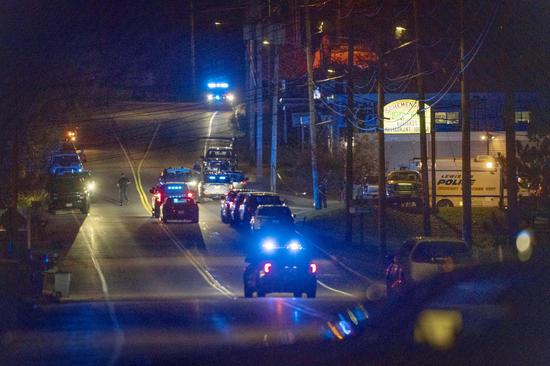

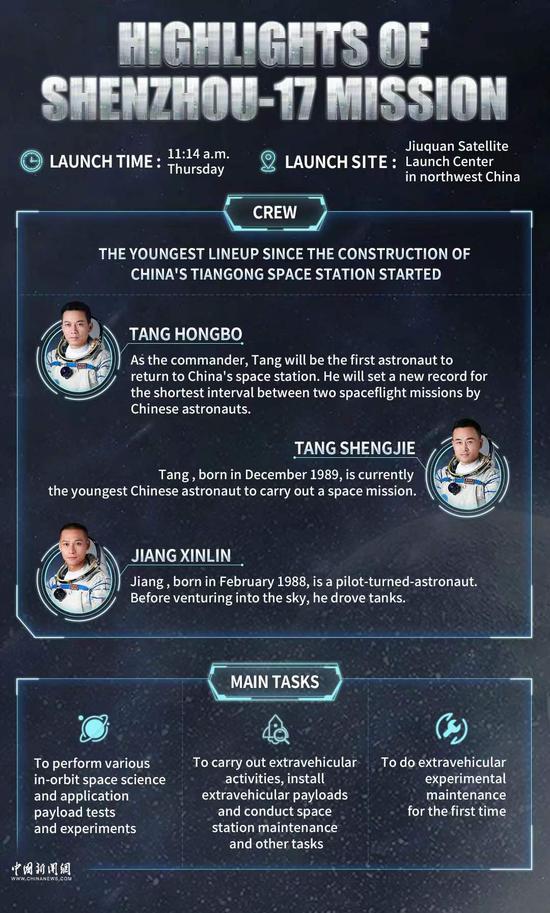
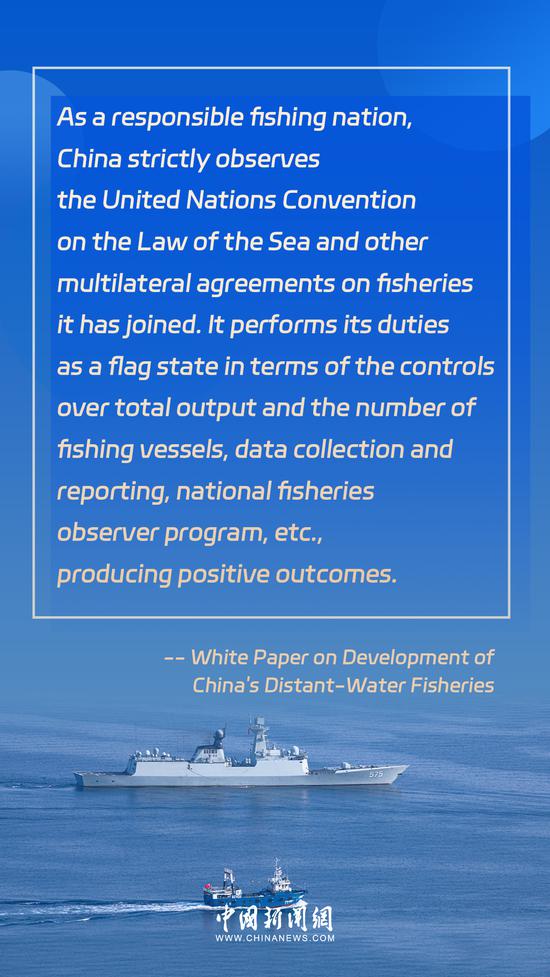
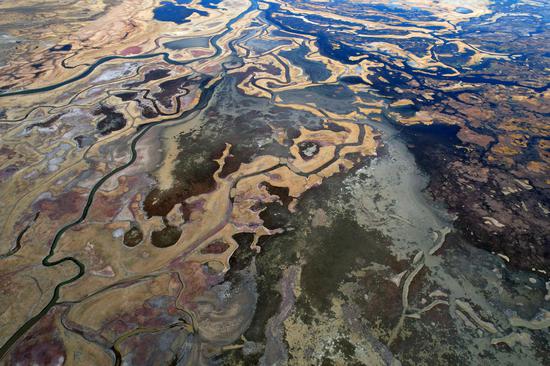
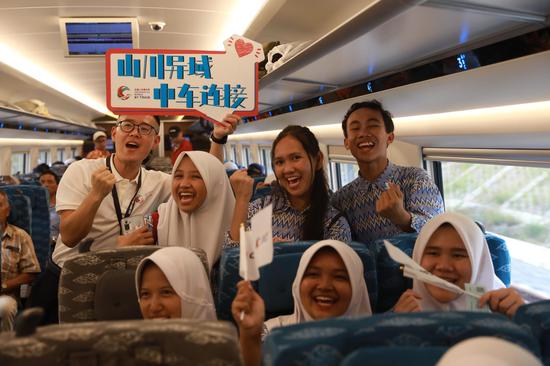
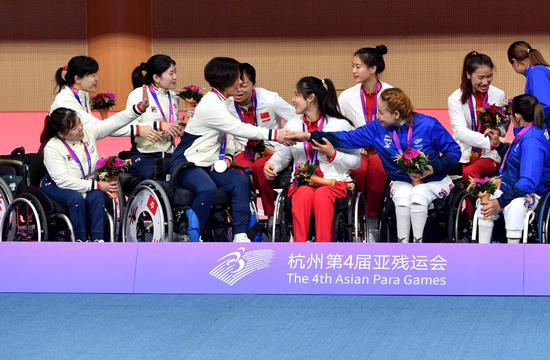
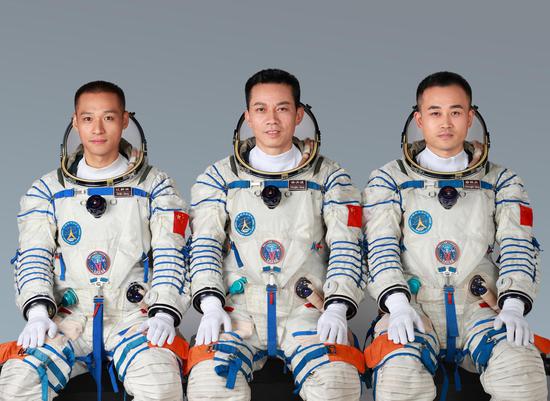
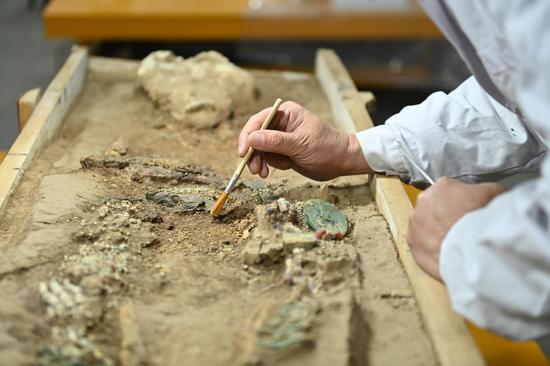
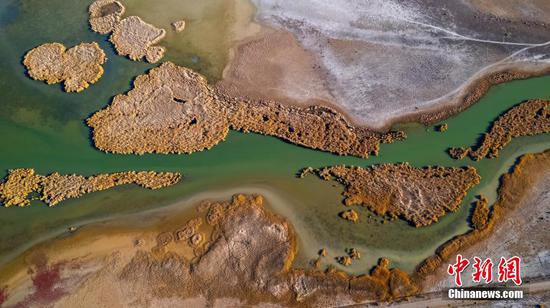
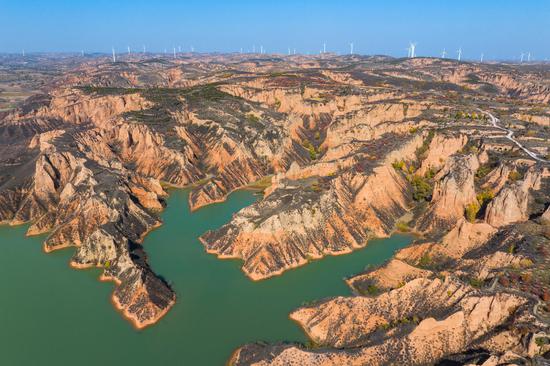

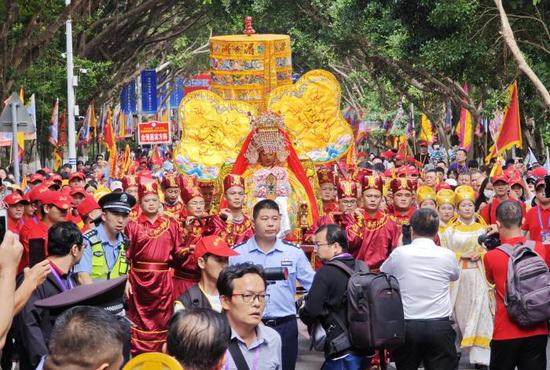
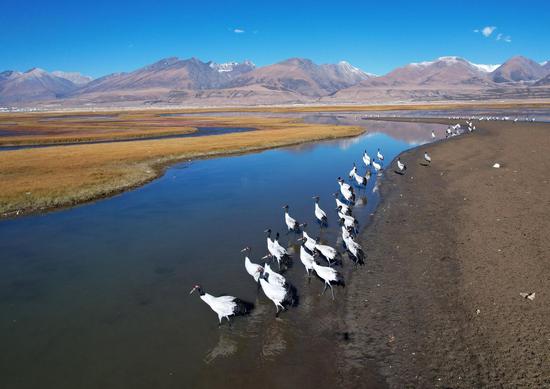





 京公网安备 11010202009201号
京公网安备 11010202009201号